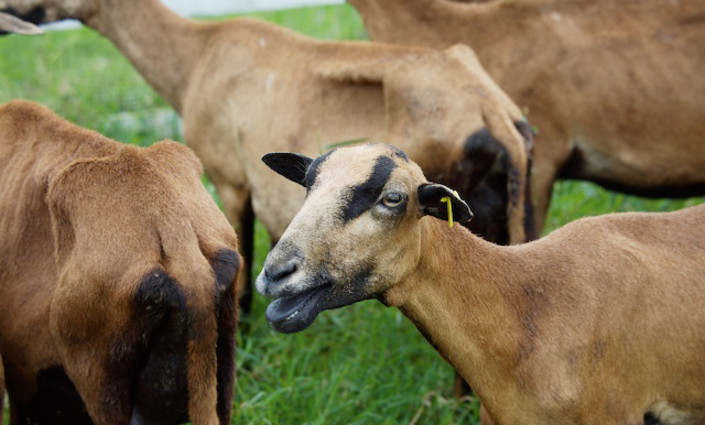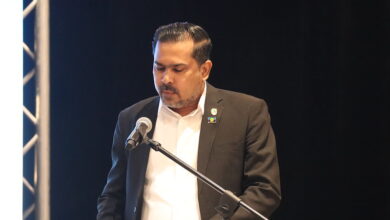Ambassador David Prendergast, Director, Sectoral Programmes at the CARICOM Secretariat, has highlighted the positive results of the Caribbean Community’s (CARICOM) 25 x 2025+5 Initiative.
He identified the key advancements in the approval and implementation of the Trade Policy for Animal and Animal Products (TPAAP), Regional Agricultural Health and Food Safety Policy, Sanitary and Phyto Sanitary (SPS) Guidelines for Trade in 19 special agricultural commodities, and the Alternate SPS Dispute Settlement Mechanism.
“We are also seeing progress in some areas such as the introduction of a regional agricultural insurance product; increased cross-border investment; increased resource mobilisation and coordination towards the implementation of the 25 by 2025 Initiative; increased private sector involvement; large scale private sector investment in the sector – dairy, small ruminants, soya and poultry production; increased agricultural production in Member States (introduction of new/niche crops); development of a Regional Electronic Agriculture Market Information System; establishment of a US$100M fund for regional agriculture, and the Caribbean Food Systems Investment Initiative (CFSII)”, Amb. Prendergast said on 14 May, at the opening of the Caribbean Poultry Association’s Eighth International Technical Symposium and Exhibition in Jamaica.
With respect to securing the future of the agriculture sector, he drew attention to youth engagement in agriculture through the development of a Regional Youth in Agriculture Strategy and the establishment of a Youth Advisory Council.
“These initiatives, along with the introduction of new technologies, technical assistance programmes, enhanced alignment among development partners, and investments in cold storage and greenhouse technology, are collectively driving us towards greater food and nutrition security,” he said.






